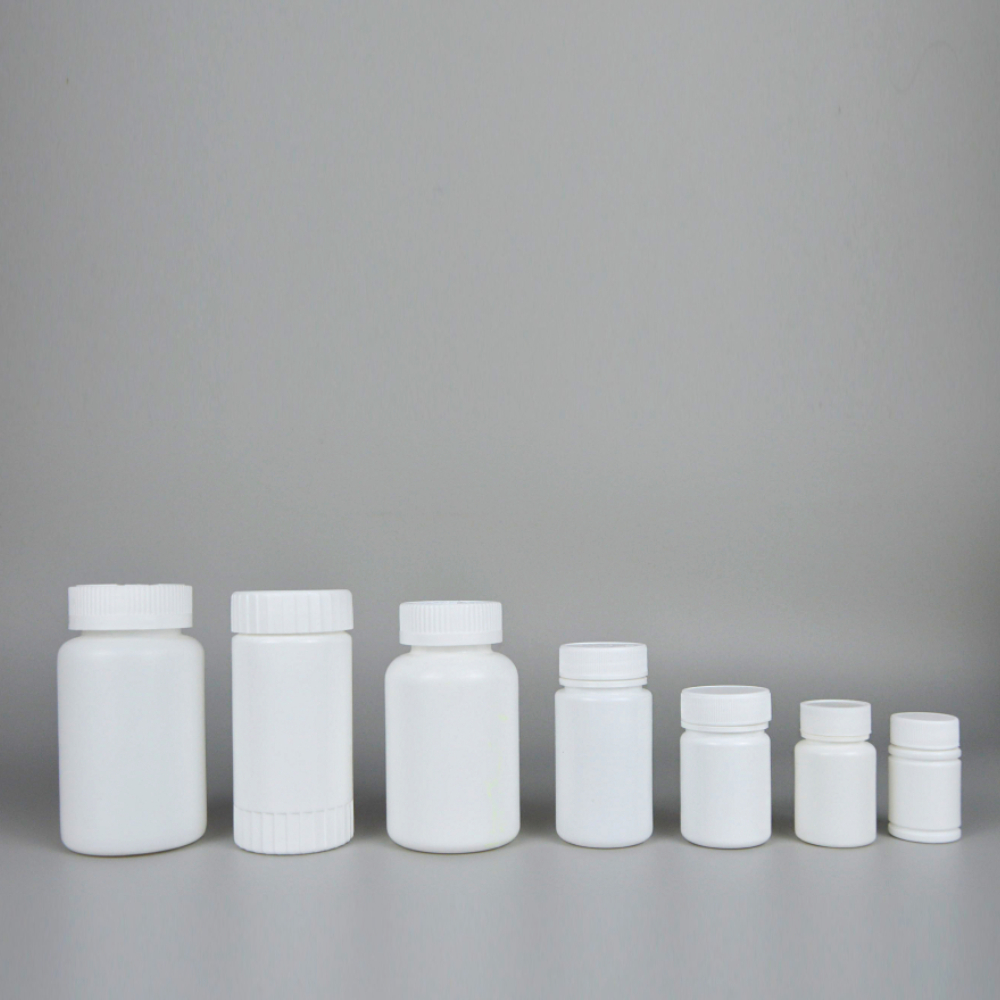medical bottles for sale
Medical Bottles for Sale A Comprehensive Guide
In the realm of healthcare and pharmaceuticals, the importance of proper packaging cannot be overstated. Medical bottles, specifically designed for the storage and distribution of medications, play a pivotal role in ensuring safety, efficacy, and convenience. This article explores the different types of medical bottles available for sale, their characteristics, and the trends shaping their market.
Types of Medical Bottles
Medical bottles come in various forms, each tailored to meet specific needs. Here are a few common types
1. Glass Bottles Glass medical bottles are often used for liquids, especially for pharmaceutical products like cough syrups or injectables. They are favored because they are non-reactive, making them ideal for storing sensitive compounds. Moreover, glass is impermeable and offers excellent protection against external contaminants.
2. Plastic Bottles Made from materials like polyethylene and polypropylene, plastic bottles are lightweight and shatterproof, making them easy to handle and transport. They are commonly used for oral medications, over-the-counter drugs, and various healthcare products. The flexibility of plastic allows for creative designs, including child-resistant caps and easy-pour spouts.
3. Amber Bottles These bottles are specifically designed to protect light-sensitive medications. The amber color blocks harmful UV rays, preventing degradation of the pharmaceutical compounds inside. They are commonly used for products containing sensitive ingredients, such as certain antibiotics or hormone therapies.
4. Syrup Bottles These typically feature a wide mouth for easy filling and dispensing. Syrup bottles are often combined with a measuring cup or spoon to ensure correct dosages. They are predominantly used for liquid medications that require accurate dosing, especially in pediatric medicine.
5. Injectable Bottles Often referred to as vials, these bottles are designed for storing and dispensing injectable medications. They usually have a rubber septum that allows for the injection of needles without compromising the sterility of the contents. They are essential for vaccines, insulin, and monoclonal antibodies.
Important Features to Consider
medical bottles for sale

When purchasing medical bottles for sale, it is essential to consider several features
- Material Compatibility The choice between glass and plastic will depend on the specific medication being stored. Consult with pharmaceutical guidelines to choose the right material that will not interact with the contents.
- Child-resistant Options For products intended for home use, ensuring that bottles have child-resistant caps can significantly increase safety for families with young children.
- Labeling Area Sufficient labeling space is crucial for including instructions, dosage information, and warnings, ensuring that patients can safely use the medications.
- Tamper-evident Seals These seals provide additional safety, assuring consumers that the product has not been opened or contaminated before reaching them.
Market Trends
The market for medical bottles is evolving, driven by advancements in technology and growing consumer awareness about safety and efficacy. One of the most notable trends is the increasing use of sustainable materials in the production of medical packaging. Manufacturers are exploring bio-based plastics and recyclable glass alternatives to minimize environmental impact.
Another trend is the integration of smart technology into medical bottles. With the rise of connected devices, there is potential for bottles that can monitor dosage adherence and provide reminders to patients through mobile applications. This innovation aims to improve patient compliance and health outcomes.
Conclusion
The availability of a wide range of medical bottles for sale is crucial for the healthcare industry. Each type of bottle is designed to meet specific needs, ensuring that medications are stored and distributed safely. As the market continues to evolve with trends in sustainability and smart technology, healthcare providers and consumers alike will benefit from enhanced safety and convenience. When selecting medical bottles, it is vital to prioritize safety features, material compatibility, and regulatory compliance to ensure the highest standards of quality in pharmaceutical care.
-
Aesthetic Makeup Spray Bottles | Fine Mist Empty RefillableNewsAug.19,2025
-
White Plastic Veterinary Vaccine Vials | Lab Liquid BottlesNewsAug.18,2025
-
Plastic Medicine Liquid Bottle: Secure Flip Top Drug VialsNewsAug.17,2025
-
Durable 250ml Blue Plastic Vaccine Vial for Lab & Vet UseNewsAug.16,2025
-
Sterile Virus Sample Tubes: Secure & Reliable Specimen CollectionNewsAug.15,2025
-
White 250ml Plastic Vaccine Vial for Lab & Vet MedicineNewsAug.14,2025
























